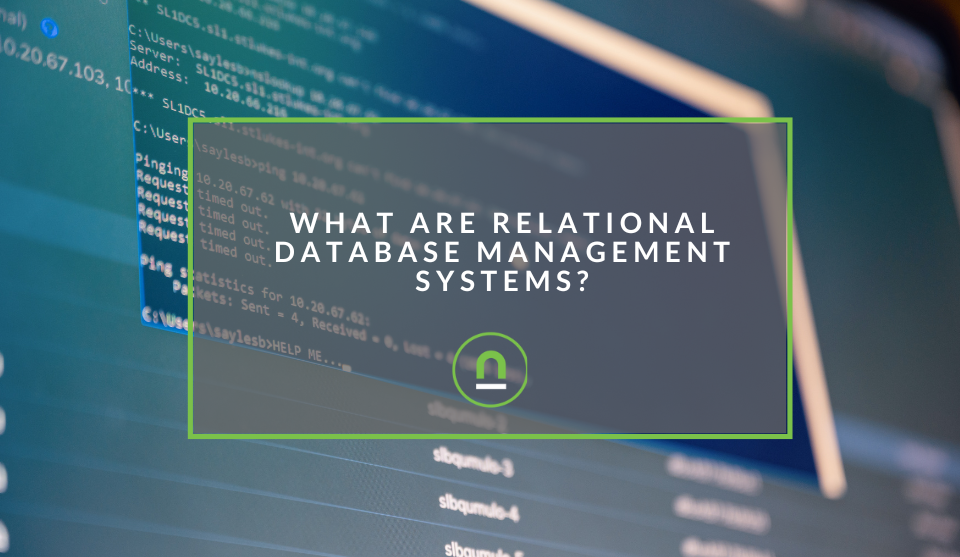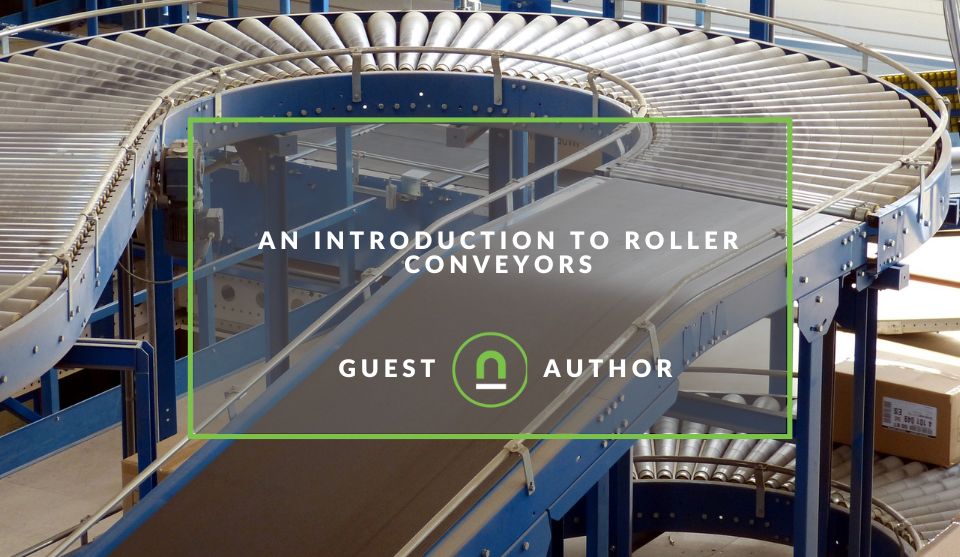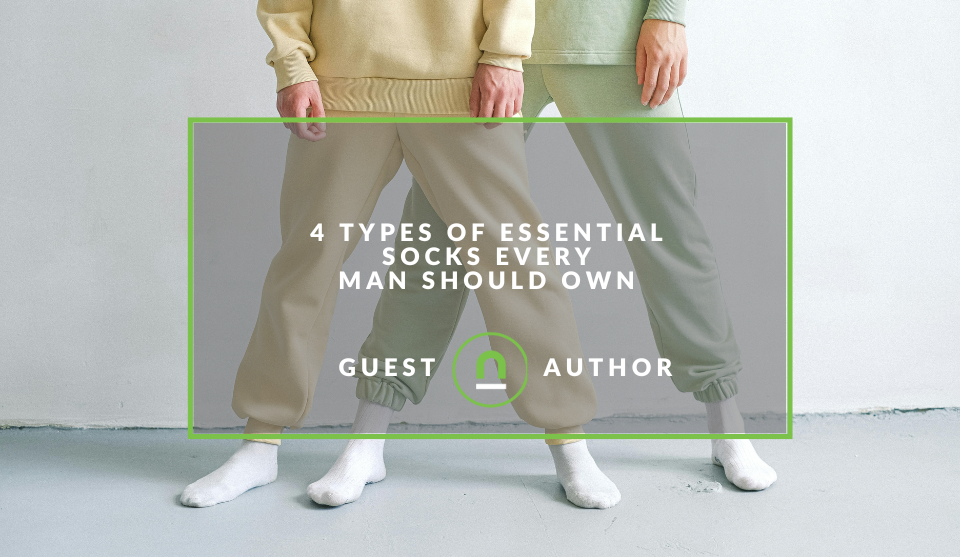Recent posts

Money Talks
How Small Businesses Can Leverage Blockchain Technology
02 April 2025

Industry Experts
Mastering Personalization in Digital Marketing
31 March 2025

Money Talks
The Role of Customer Service in Selecting a Forex Broker
29 March 2025

nichemarket Advice
What Are Relational Database Management Systems?
28 March 2025
Popular posts
Extravaganza
Trending Music Hashtags To Get Your Posts Noticed
24 August 2018
Geek Chic
How To Fix iPhone/iPad Only Charging In Certain Positions
05 July 2020
Extravaganza
Trending Wedding Hashtags To Get Your Posts Noticed
18 September 2018
Money Talks
How To Find Coupons & Vouchers Online In South Africa
28 March 2019
An Introduction To Roller Conveyors
04 October 2022 | 0 comments | Posted by Rebecca D in Industry Experts
A roller conveyor is a perfect solution for simplifying transportation, accumulating and distributing goods between different lines in a warehouse. A Roller conveyor system is designed to transport utility cost-effectively and flexibly. Whether a food outlet, packaging warehouse, goods transportation company or any other conveying station, the roller conveyor system has proved its effectiveness.
But if you plan to install a roller conveyor in your warehouse or company, you need to learn more about them. Knowing roller conveyors in detail will help you choose the best conveyor system.
Therefore, this article outlines the five things you should know about roller conveyors.
What is a roller conveyor?
It is a series of rollers installed within a frame on which objects can be moved either manually, by gravity, or by power.
Roller Conveyors can be used to move materials, including boxes, cardboard boxes, crates, pallets, plastic totes, trays, etc. Moreover, roller conveyors are configured to work with various ancillary equipment, including bends, gates and turntables.
Warehouse and manufacturing facilities are the places where roller conveyors are primarily used. Using a roller conveyor adds versatility to the transfer, diverters and stops that can be used as a part of the conveyor or automation system.
Roller conveyors are primarily available in three forms - mild steel, galvanized plastic or stainless steel.
What are the various types of roller conveyors?
You generally find five types of roller conveyors.
Belt-driven roller conveyor
The belt conveyor runs over rollers or slider beds and is motor powered. The belt is always in direct contact with the product. They offer a higher degree of control and provide better support for the product in incline and decline processes. Bags, fragile products, and lighter cartons are usually conveyed on belts.
Gravity roller conveyor
A gravity conveyor uses gravity force to move a load on the rollers. It is one of the simplest and most inexpensive materials handling systems. Gravity roller conveyors allow the product to roll along the upper surface, and when mounted on a slight decline, the load begins to move across the rollers. They are widely used in warehouses, production facilities or distribution centres.
Chain-driven conveyor
It uses an endless chain to transmit power and move material through the production lines. The chain runs over sprockets at either end of the production line. Chain-driven conveyors are generally used to move material up to 90 meters and typically under 30 meters.
Line shaft roller conveyor
Line Shaft Conveyor transmits driving force to the rollers using a shaft. The line shaft runs parallel to the conveyor run inside the conveyor frame. It uses elastic-polymer bands to transfer power from the line shaft to conveyor rollers. These conveyors are suitable for moving light loads up to 50 kg, such as cardboard and tote boxes.
Zero pressure roller conveyor
It offers control, reliability and automation of a start or stop action and is installed within the existing system.
Zero pressure roller conveyor keeps two products at a safe distance while conveying, thus reducing damage to fragile items during accumulation. It holds products when needed, accumulating in sections while products are moved down the line.
Which industries use roller conveyors?
Roller conveyors are widely used in numerous industries due to their capacity and easy usage. But it is predominantly used in the logistics and manufacturing industry.
Other industries include
- Food Handling
- Packaging
- Mail delivery services
- Baggage handling
- Steelmaking
What are the benefits of using roller conveyors?
The following are the benefits of using roller conveyors:
- Due to their highly versatile design, they can be used in nearly any situation, including routes, loads, slopes etc.
- Roller Conveyors are a speedy and safe load transportation system.
- They reduce the risk of fragile goods being damaged.
- Can withstand heavy-duty loads.
- Roller Conveyors are a highly reliable and long-lasting solution.
- Easy maintenance and operation.
How to maintain your roller conveyors?
Knowing when and how to maintain your company’s roller conveyors ensures the system retains its quality and keeps functioning for a long time. Regular maintenance saves your time, money, energy and roller conveyors. It also ensures you move products on a reliable conveyor.
Here are some vital tips you should follow to keep your roller conveyor maintained:
- Often lubricate the drive screw and nuts with oil.
- Always oil the roller bearings and drive chain after using the roller conveyor system.
- Clean conveyor rollers regularly.
- Wipe down any residue from its surface to keep it clean and avoid blockages.
- Inspect the roller frequently to check for any damage or wear and tear.
Conclusion
When choosing a roller conveyor, you must consider the specific needs of your business. It would be best to consider the type of material you will transport, its weight, transportation distance and available space to set up the conveyor system. Select the roller conveyor that best suits your requirements.
Tell us your story
Would you like to write for nichemarket just like Rebecca has? Find out how to submit a guest post and when you're ready, you can contact us.
Are you looking to promote your business?
South African businesses can create their free business listing on nichemarket. The more information you provide about your business, the easier it will be for your customers to find you online.
Registering with nichemarket is easy; all you will need to do is head over to our sign-up form and follow the instructions. If you require a more detailed guide on how to create your profile or your listing, then we highly recommend you check out the following articles.
Recommended reading
If you enjoyed this post and have time to spare, why not check out these related posts and dive deeper down the rabbit hole that is starting a business.
- Over 40 South African Tech Business Ideas That Require Little To No Capital
- How To Register A Small Business In South Africa
- Buying a business vs. creating a start-up
- How to Start an Event Planning Services Business
Tags: Business, Equipment, Guest Post
You might also like
4 Types of Essential Socks Every Man Should Own
25 March 2025
Posted by Candice Reed in Fashionista
Upgrade your sock drawer! Discover the four essential sock types every man needs for style & comfort. From dress to athletic, we've got your needs co...
Read moreHow to Choose A Perfect 2-Seater Couch for Small Spaces
28 February 2025
Posted by Candice Reed in Shopaholics
Are you struggling with choosing a perfect 2-seater couch for your small space? Learn how you can find the one that perfectly aligns with your choice...
Read more{{comment.sUserName}}
{{comment.iDayLastEdit}} day ago
{{comment.iDayLastEdit}} days ago
 {{blogcategory.sCategoryName}}
{{blogcategory.sCategoryName}}


